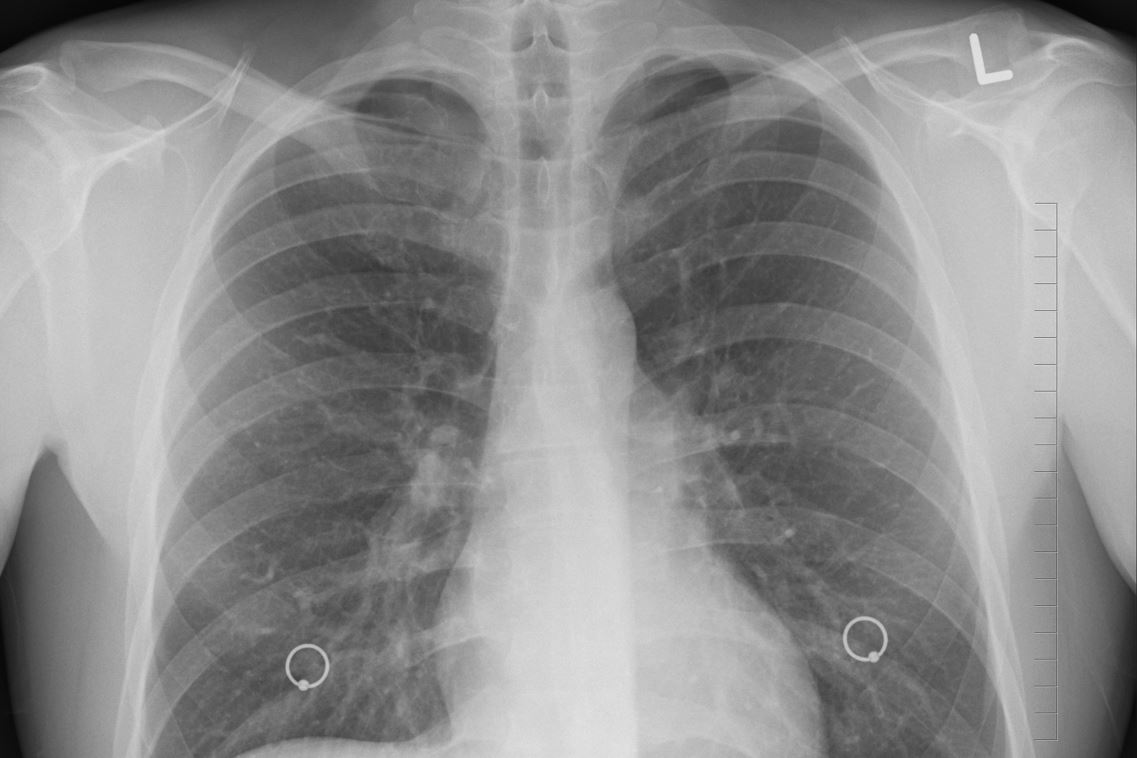
New immunotherapy drugs have transformed the treatment of many cancers but some lung patient patients experience hyperprogression – a paradoxical rapid acceleration of tumour growth – after the treatment begins.
New research from the Flinders University Precision Medicine Group has found not all non-small cell lung cancer (NSCLC) patients face the risk of hyperprogression, which is linked to poor survival.
Researchers examined seven global clinical trials of advanced NSCLC cases and found the risk of hyperprogression with Immune Checkpoint Inhibitor (ICI) immunotherapy treatment, particularly chemoimmunotherapy, is significantly lower in treatment-naïve patients (less than 1%) compared to previously treated patients (more than 8%).
Lung cancer is the leading cause of cancer death and the fifth most common cancer diagnosed in Australia excluding non-melanoma cancers. It is responsible for almost one in five cancer deaths in Australia. NSCLC is the most common type of lung cancer, accounting for about 85% of cases.

The latest findings offers valuable insights for medical professionals making key treatment decisions, says Flinders cancer researcher Ms Lee Li, the first author of a new article in The Oncologist.
“While rapid tumor growth following ICI treatment initiation is associated with worse survival outcomes, it clearly demonstrates that the occurrence of hyperprogression is very low in the first-line setting,” she says.
Senior author Dr Ashley Hopkins says the study reveals that advanced lung cancer patients receiving ICI immunotherapy as the initial treatment, especially when combined with chemotherapy, have a much lower risk of hyperprogression compared to patients receiving monotherapy ICIs later in the disease course.
“This is a major advancement in understanding the effects of ICIs, which for many patients are associated with significant treatment benefit,” says Dr Hopkins, from the Flinders University Clinical Cancer Epidemiology Lab.
“In addition, we identified elevated neutrophil-to-lymphocyte ratio as the strongest risk factor for hyperprogression, which provides clinicians with further context to identify patients at risk of the hyperprogression phenomenon.”
The new article, Low Risk of Hyperprogression with First-Line Chemoimmunotherapy for Advanced Non-Small Cell Lung Cancer: Pooled Analysis of 7 Clinical Trials (2023) by Lee X Li, Federico Cappuzzo, Ignacio Matos, Mark A Socinski, Ashley M Hopkins and Michael J Sorich has been published in The Oncologist, DOI: 10.1093/oncolo/oyad043
Acknowledgements: This work was supported by Beat Cancer Research Fellowship from the Cancer Council South Australia to Prof Michael Sorich and and Emerging Leader Investigator Grant from the National Health and Medical Research Council, Australia (APP2008119) to Dr Ash Hopkins.

